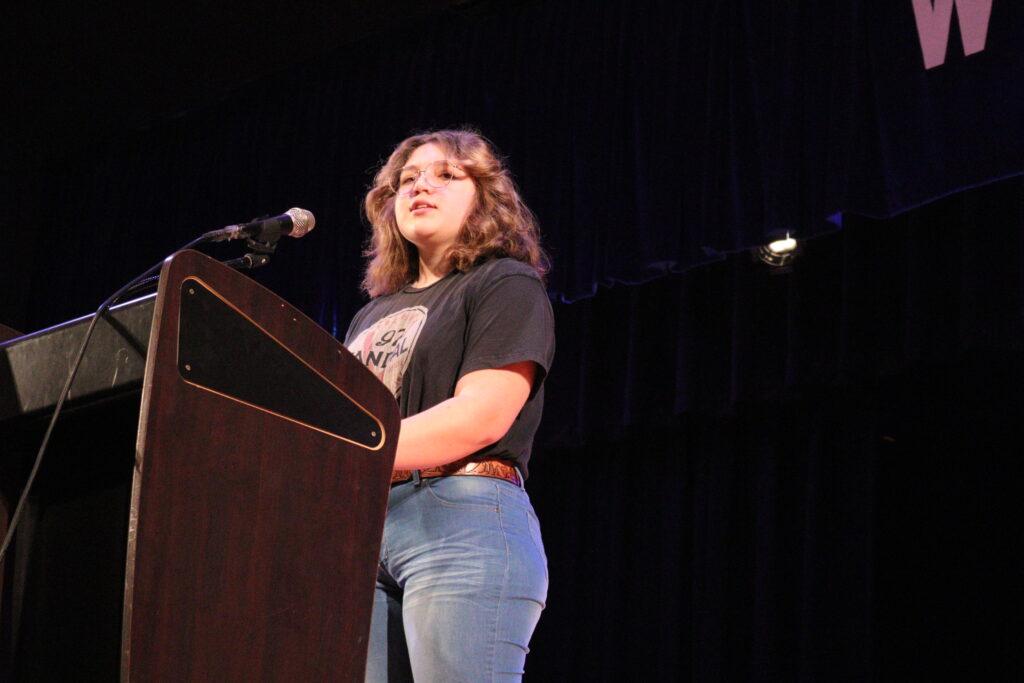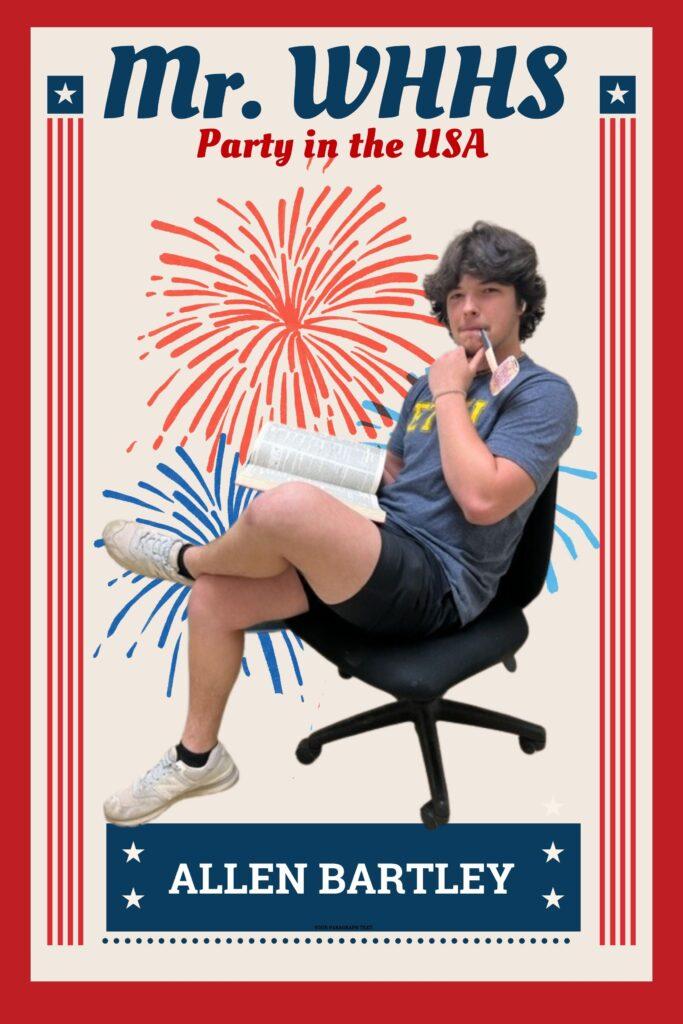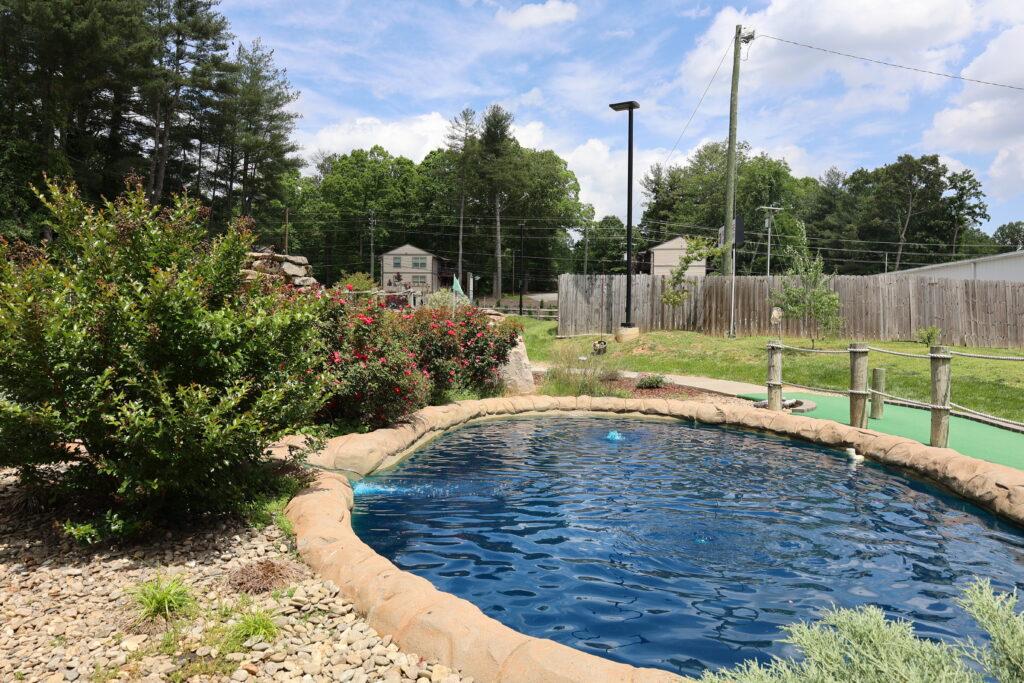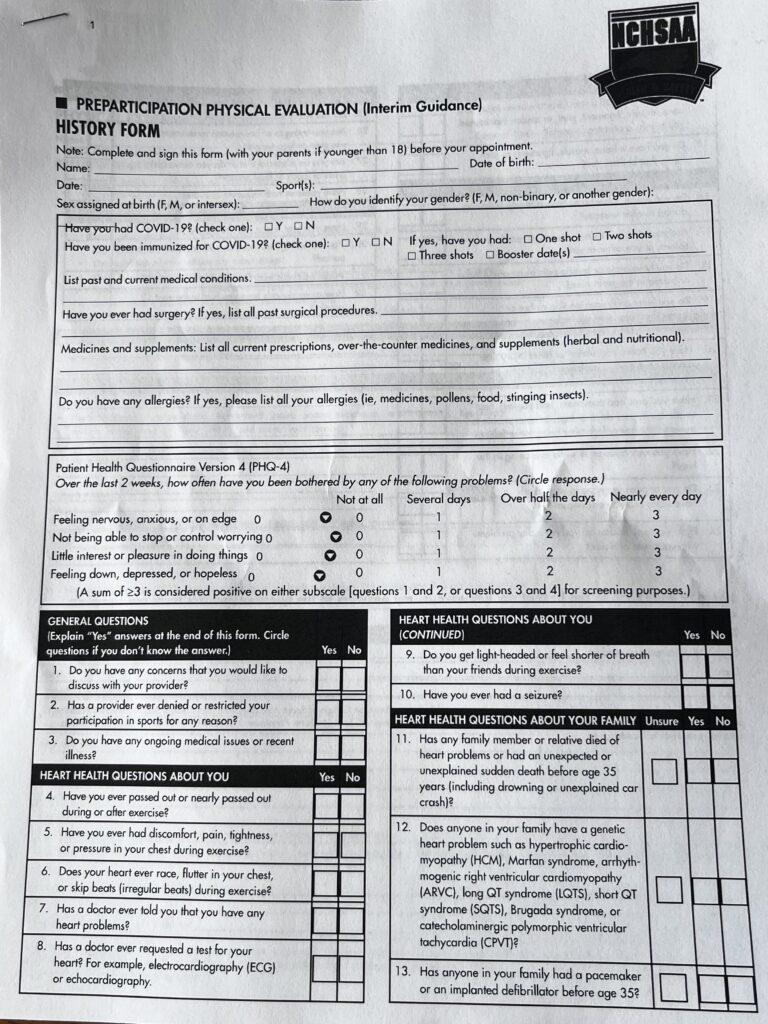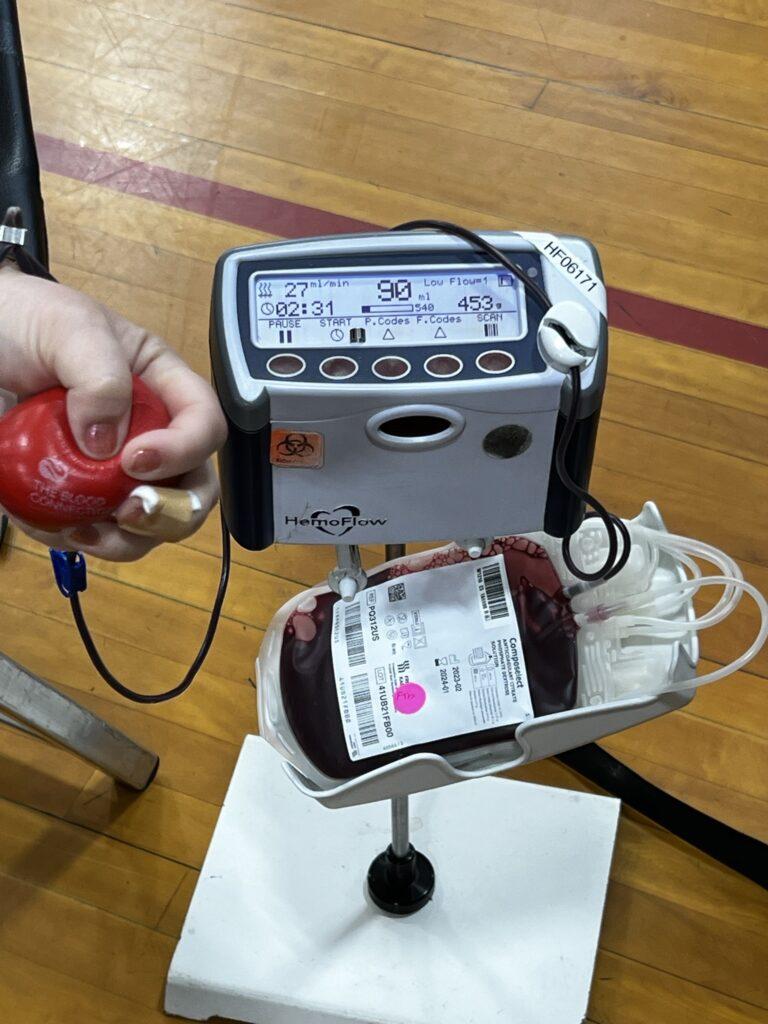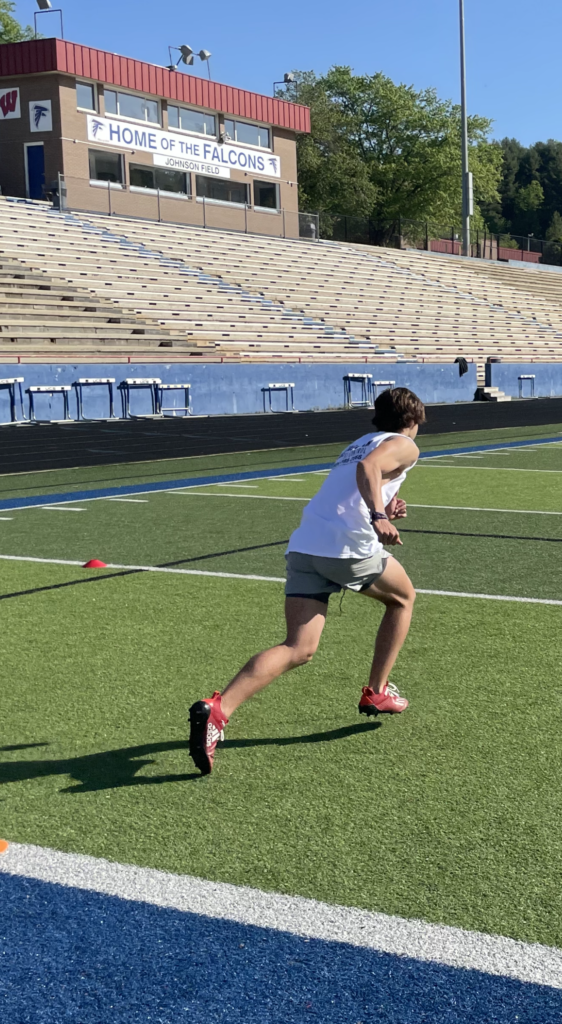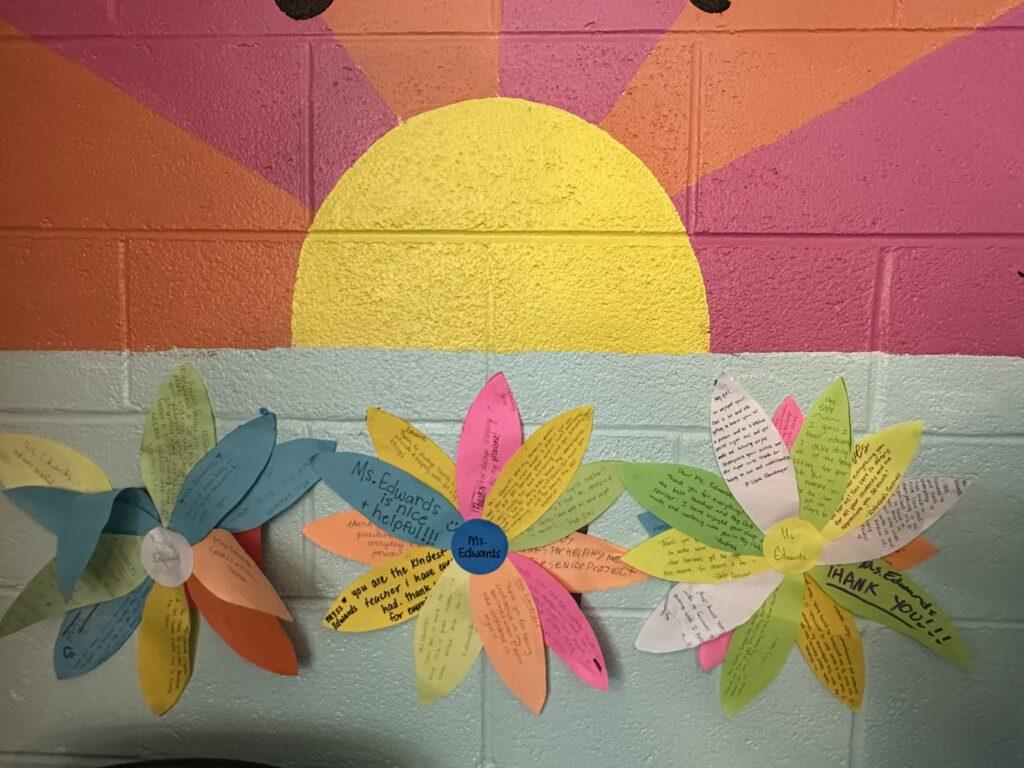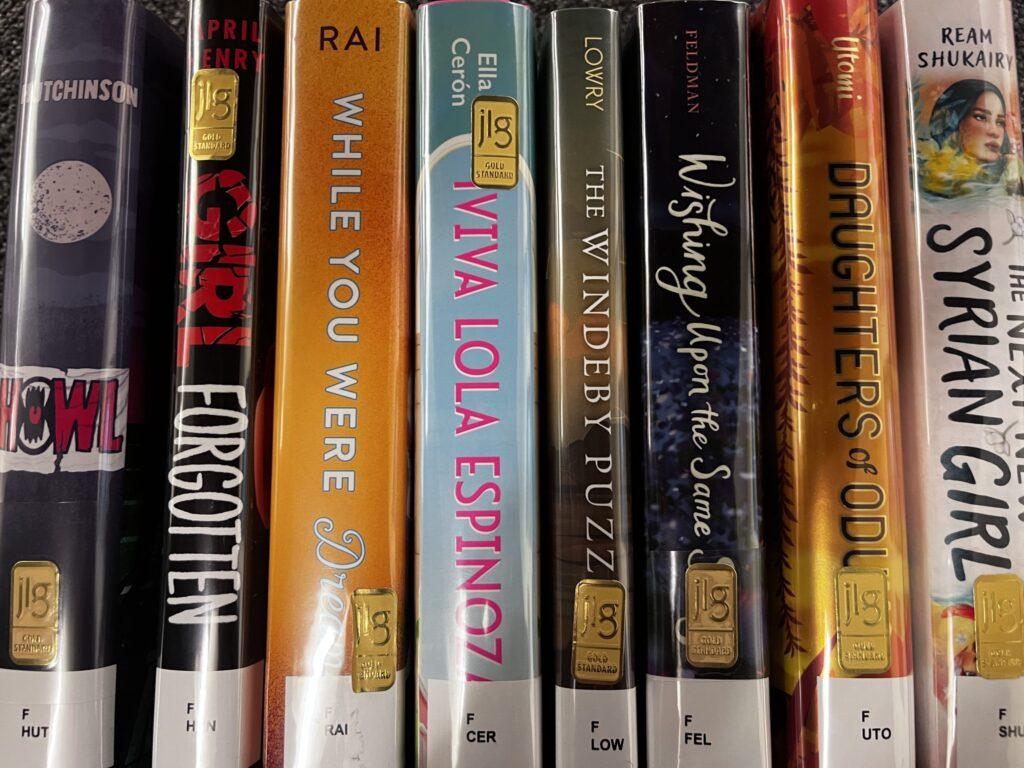Senior Andrew Murray stood in front of 52 people from 22 different countries as he recited the Pledge of Allegiance for the first time as a citizen of the United States at the Department of Homeland Security in Charlotte. Feeling proud, he had finally completed the six-month journey to citizenship on May 6. As he stepped down from the podium, a Colombian couple approached him and asked to get a picture with the “Speaker of the House.” Murray smiled, posed and asked the couple for a copy of the picture to remember this important day for himself and his family.
Murray was born in the United Kingdom in a place called Leicester, near Birmingham. He lived there until he was 8-years-old and moved during his third year of Catholic school, which is equivalent to the second grade in the United States. When his father took a job at Alstom, a French electrical engineering company in Pittsburgh, his family decided to pick up and start a new life in the United States.
“When we came here for my dad’s job, I had no idea what to expect because it is such a big place,” Murray said. “When you say you’re moving to America, you really have no idea what to expect. It’s daunting because there are a lot of different regions and cultures in itself, but I love it here so much.”
The journey to become an American citizen is quite an expensive and extensive process. Once one has lived in America for 10 years a legal resident gets the opportunity to apply for citizenship. Murray is currently 18-years-old. Therefore, he had to apply for citizenship himself rather than his father applying and his being sworn in automatically.
“I traveled to Charlotte to the Department of Homeland Security to go take my test on Tuesday, May 6, after the application had been processed and paid for,” Murray said. “The application alone costs about $500, not to mention traveling to Charlotte and staying the night. They bring you into a room and you take the oath. Then after the oral test you have to write and read a little bit in English.”
Murray found the oral test to be fairly easy because of his prior knowledge acquired from school and watching the daily news. According to Murray, taking Advanced Placement U.S. history during his junior year helped him prepare for the citizenship test the most. During the test, he was asked a range of questions from “Who is the vice president of the United States?” to “What group of people were brought to America as slaves?” To pass the test, he had to get six out of 10 questions correct. Murray got the first six questions correct.
“I was nervous when I took the oath because I was brought into a dark room with no windows and there is no small talk,” Murray said. “The people in the room obviously wanted to get to the point, but once I found out I had passed and was approved for citizenship, all the nerves didn’t matter.”
Murray enjoys calling himself an American citizen and takes pride in the fact that he is a first generation immigrant. He wants to raise a family here someday because he believes the United States is a special place to live.
“Eventually I will go back to the United Kingdom, hopefully in college and explore where I used to live. I remember it somewhat, but I want to get the chance to really experience where I’m originally from,” Murray said.
By becoming an American citizen Murray has gained the right to vote in the next election, he is eligible for federal jobs and he can receive full Social Security and financial aid benefits.
“I’m super excited about voting in the next election. This is a new right for me because I just turned 18 and I am now an official citizen of the United States,” Murray said. “Voting is an important right to have because it gives you a direct voice for who you want running your country.”
By Polly Phillips






